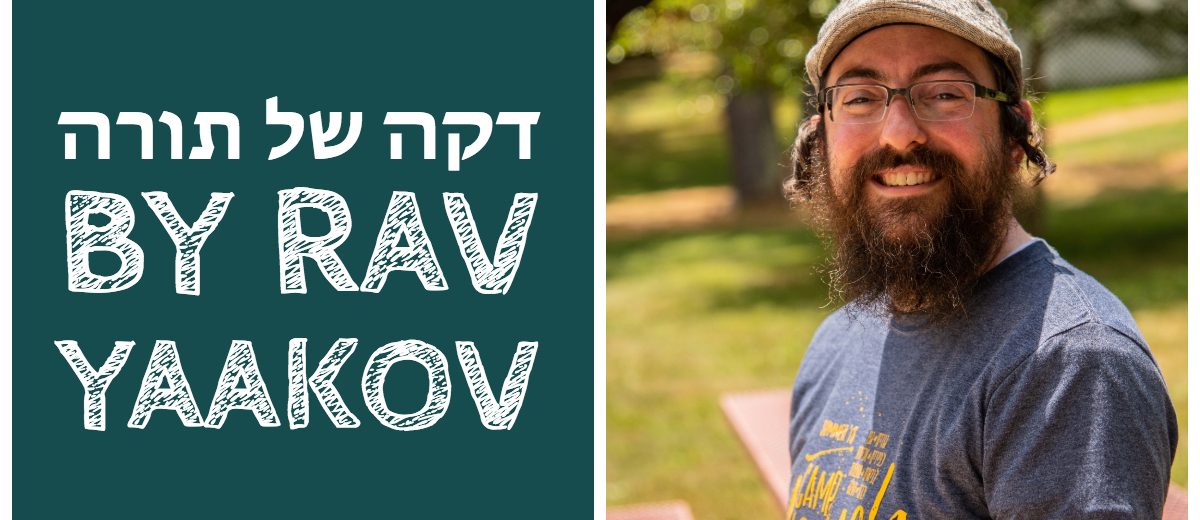Parshat Matot-Ma’sei – Complacency
This week we read the double parsha of Matot-Ma’sei. At the beginning of parshat Ma’sei, we encounter this pasuk: “The following are the journeys (ma’sei) of the children of Israel by which they left the land of Egypt,” followed by a list of 42 separate sections of the Jewish peoples’ wandering through the desert, from place to place to place. However these aren’t really 42 journeys “by which we left Egypt.” Only the first journey, from Ramses to Sukkot, was a journey that involved leaving Egypt. The following 41 journeys were our wanderings after we had already left Egypt. If only the first of the journeys brought us out of Egypt, why are all of them referred to as such?
The answer can be found in the Hebrew word for Egypt itself, Mitzrayim. This comes from the same root as “meitzarim,” or constricted, limiting places. Literally or figuratively, where we experience hardship. The chassidic explanation for this (Likkutei Sichot, 2) is that whenever we leave our own personal narrow places, there’s another Egypt lying just over the next hill, waiting for us. When we overcome one challenge, another awaits us. At first glance, this could seem dispiriting. What is the point of trying to overcome challenges if they will never end? The pasuk in Ma’sei is teaching us that when we set goals to get out of our personal meitzarim, we should never give up. Imagine being a Jew wandering in the desert, losing hope of ever reaching the promised land. Each journey just leads to another journey, over more than 40 years. What’s the point? Then imagine finally being about to enter the Land, looking back over all of those journeys, and realizing each hurdle made you stronger, prepared you for the next, that it was really all one journey.
Achieving a goal means accomplishing a task, and the one that comes after it, and the the one after that. Whether we’re trying to accomplish something here at camp or in our lives at home, we all encounter challenges. Even when it gets hard you keep going, out of the meitzarim and to the point where, when you have completed what seemed impossible, you look back on how every task prepared you to be able to achieve your dream. You have to keep going.
Questions for the Shabbat Table:
- What is the most difficult challenge you have ever overcome? Can you think of another challenge that came before it, that somehow helped you prepare for this challenge?
- When facing a difficult challenge and feeling discourage, what is something you could do to help yourself develop the mindset that would help you to overcome it?




